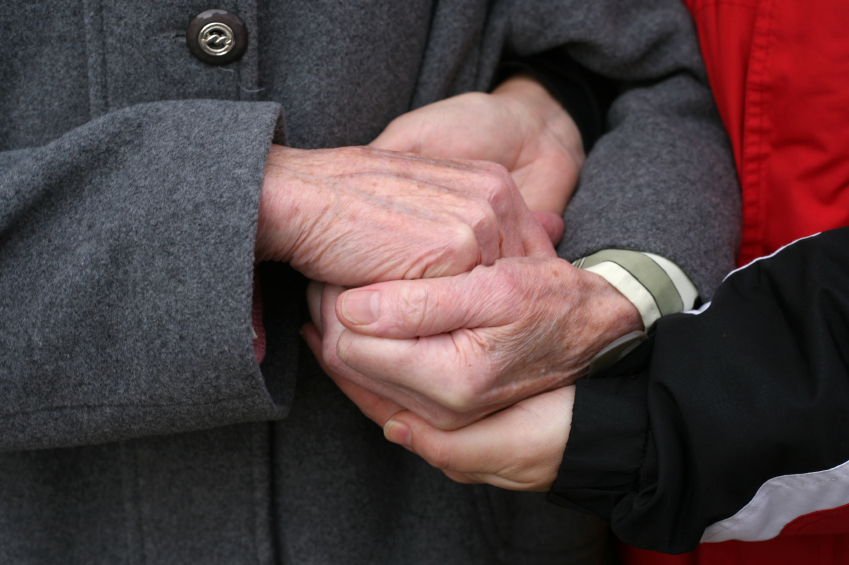Doctors and bioethicists have published an analysis in the Journal of Palliative Care, outlining five main reasons for opposing euthanasia. Amongst them, Daniel Sulmasy[1], from Georgetown University, who served on the Presidential Commission for the Study of Bioethical Issues under President Obama; Margaret Somerville[2], one of the most outspoken opponents of euthanasia legislation in Canada; and Lukas Radbruch[3], palliative care specialist.
They believe that euthanasia:
1/ Is a “slippery slope”: despite strict access conditions in the Netherlands and in Belgium, the legislation is ineffective and regularly breached, and “allows voluntary euthanasia to lead to non-voluntary euthanasia”.
2/ Highlights a “lack of self-determination”: expressing a wish to die does not always mean that a patient actually wants euthanasia or assisted suicide.
3/ Is indicative of “inadequate palliative care”, which is the “most urgent ethical and legal obligation in the world”, far more than euthanasia.
4/ Poses a risk regarding “medical professionalism”, because euthanasia threatens the “moral integrity” of medicine.
5/ Highlights a “difference between resources and objectives” which should be taken into account: euthanasia confuses the problem of suffering with the lives of individuals per se. “It is pain and suffering that we have to eradicate, not the individual with their pain and suffering”.
[1] A 3D printing machine “for individuals to perform euthanasia at home”
[2] Canada: legal status of embryos under discussion
BioEdge, Xavier Symons (09/06/2018)

